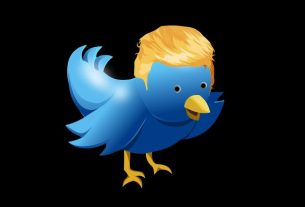Israeli startup Orasis brings science fiction to life by developing corrective eye drops as an alternative to reading glasses, contact lenses or surgery.
Israeli startup Orasis Pharmaceuticals brings science fiction to life by developing a corrective eye drops as an alternative to reading glasses contact lenses or laser surgery.
The company‘s patent-protected solution CSF-1 eye drops have successfully passed the Phase 2b clinical trial earlier this month. The eye drops offer a meaningful solution for billions of people worldwide living with age-related farsightedness. This means it’s easy for you to see things that are far away while close objects appearing blurry.
The condition is largely caused by loss of elasticity in the eye lens as individuals age.
Farsightedness is a condition occurring over the age of 40 and affects more than 1.8 billion people worldwide, more than half of people.
In the trail, the drops have proven an improvement in near visual acuity by three eye chart lines, or greater, which is the FDA requirement for eyesight studies, and they are highly tolerable.
CSF-1 eye drops are made from chemicals already existing in eye medication and intended to improve near vision for several hours. The big question is whether those drops can help people in their fourth and fifth decades, who need stronger prescriptions for reading glasses.
The Phase 2b study evaluated the efficacy and safety of CSF-1 in 166 participants across several research centers in the U.S. The full results of the study are not yet presented but the chief executive officer of Orasis Elad Kedar said, “We are encouraged by these results and CSF-1’s potential to improve the quality of life for people with presbyopia.”
“We are moving forward as quickly as possible with our preparation for Phase 3,” said Ron Neumann, M.D., chief medical officer of Orasis.
Orasis investors include the ophthalmology focused venture capital fund Visionary Ventures, Sequoia Capital, SBI (Japan) Innovation Fund, LifeSci Venture Partners, and Maverick Ventures. The company has raised 13 million in two rounds.
Read more about: brings science fiction to life by developing a corrective, eye drops, Health, Israeli Startups, Orasis Pharmaceuticals, reading glasses.




